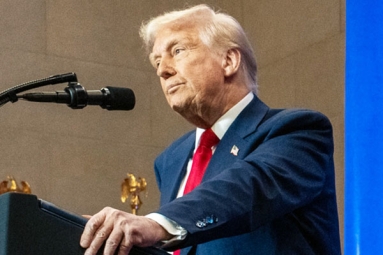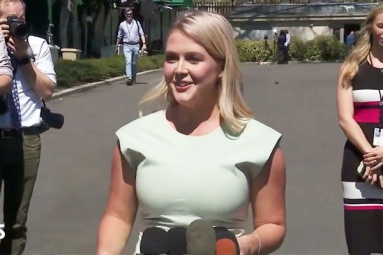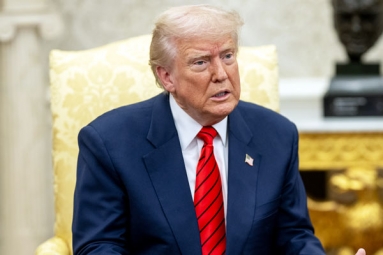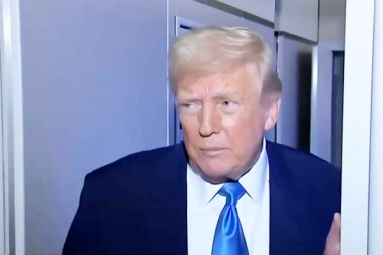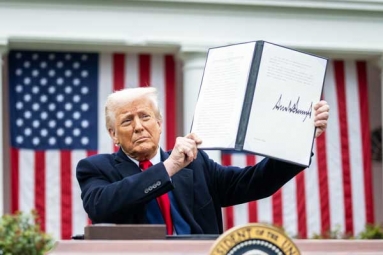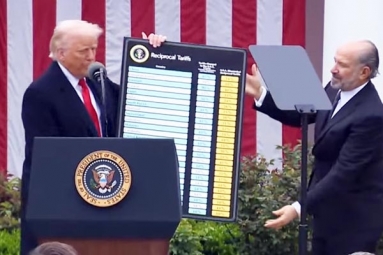
(Image source from: Pahomepage.com)
The recent conviction of former President Donald Trump in New York's court system marks another chapter in his legal saga. The judge, Juan M. Merchan, has scheduled Trump's sentencing for July 11, where he could face up to four years in prison or probation. Intriguingly, there are no legal barriers that would prevent him from running for president, even from a prison cell, though this scenario would undoubtedly spark a constitutional crisis. His voting rights, however, may be more complex. As a Florida resident, Trump must complete his full sentence, including any parole or probation, before regaining his voting rights. With the next election fast approaching, it seems unlikely he could fulfill his sentence in time. However, if he is on probation by Election Day, Florida's law might allow him to vote based on New York's more lenient standards, which permit felons on probation to cast their ballots, as long as they are not incarcerated.
The Secretary of State's office declined to confirm Trump's eligibility status on Thursday. However, if he's incarcerated, he would be disqualified from voting in both states. Trump is expected to appeal the verdict, having spent months criticizing the case and attacking the Manhattan District Attorney who brought the charges, as well as the judge who presided over the trial. Before the appeal is heard, Trump will be entangled in the criminal justice system. A pre-sentencing report will consider his criminal history, personal background, and the specifics of the crime. The former president was found guilty of falsifying business records related to a $130,000 payment to Stormy Daniels, a pornographic actress who claims to have had a brief sexual encounter with Trump in 2006, in an effort to silence her. During the pre-sentencing interview, a psychologist or social worker from the probation department may speak with Trump, allowing him to make a good impression and explain why he deserves a lighter sentence, as per the New York State Unified Court System.
The presentence report may also include defense points and whether the defendant is participating in a counseling program or has regular employment. Of course, in Trump's case, he is running for the permanent position of President of the United States, so to speak, but his new status as a felon could complicate his campaign. Trump will likely have to report regularly to his probation officer and there may be travel restrictions. Mr. Trump was convicted of 34 Class E felonies, the lowest in New York state, each punishable by up to four years in prison. Probation or house arrest are also options Marchand could consider. It's worth noting that Marchand has shown in the past that he takes white-collar crime seriously. If sentenced to prison, the sentences would likely run concurrently, meaning Mr. Trump would serve a sentence for each of the charges he was convicted of concurrently. Even if Trump is sentenced to probation, he could still go to prison if it is later discovered that he has committed other crimes. The 77-year-old Trump faces three additional criminal charges. One is a federal lawsuit over his handling of classified documents and his efforts to overturn the 2020 election. and a state case in Georgia about election interference.
Mr. Trump's lawyers can appeal after the sentencing, scheduled for 10 a.m. July 11, and the justices can delay any sentencing during the appeal period, which could extend the verdict beyond the day.








